- At least 22 dead as crane collapses onto train in Thailand BBC
- Over 20 killed, dozens injured in train accident at China-backed project in Thailand Dawn
- Multiple fatalities as construction crane collapses onto moving train in Thailand CNN
Category: 2. World
-
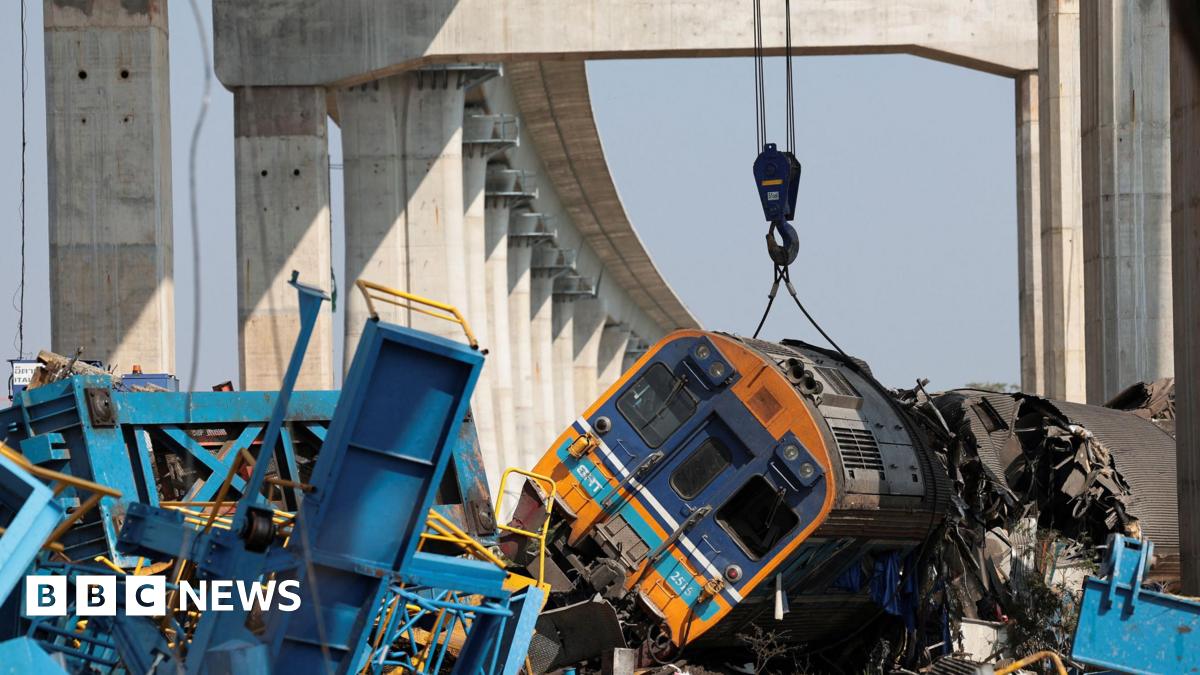
At least 22 dead as crane collapses onto train in Thailand – BBC
-
WFP Afghanistan External Situation Report December 2025 – ReliefWeb
- WFP Afghanistan External Situation Report December 2025 ReliefWeb
- ICRC: Over Four Million People in Afghanistan Face Severe Hunger Hasht-e Subh Daily
- Inside Afghanistan’s Compounding Crises inkstickmedia.com
- IRC expands food assistance in…
Continue Reading
-
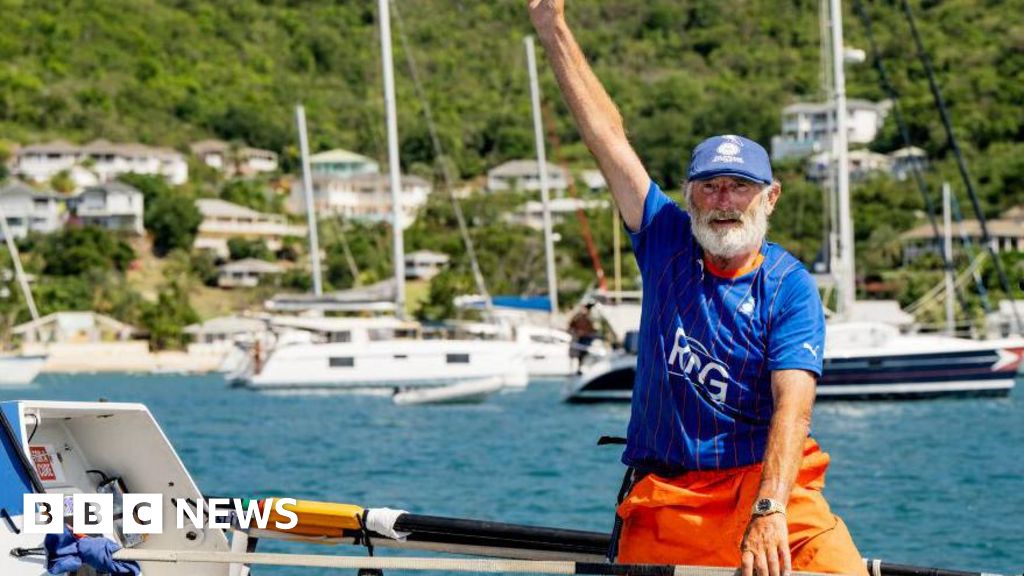
Oldest solo Atlantic rower to be honoured at Windsor Castle
The oldest person to row solo across the Atlantic Ocean is among those being honoured at an investiture ceremony at Windsor Castle later after being made an OBE.
In 2024, the then 73-year-old Frank Rothwell beat his own Guinness World Record as…
Continue Reading
-

Human activity helped make 2025 third-hottest year on record, experts say | Climate crisis
Last year was the third-hottest on record, scientists have said, with mounting fossil fuel pollution behind “exceptional” temperatures.
The EU’s Copernicus climate agency said 2025 had been marginally cooler than 2023 at the end of a…
Continue Reading
-
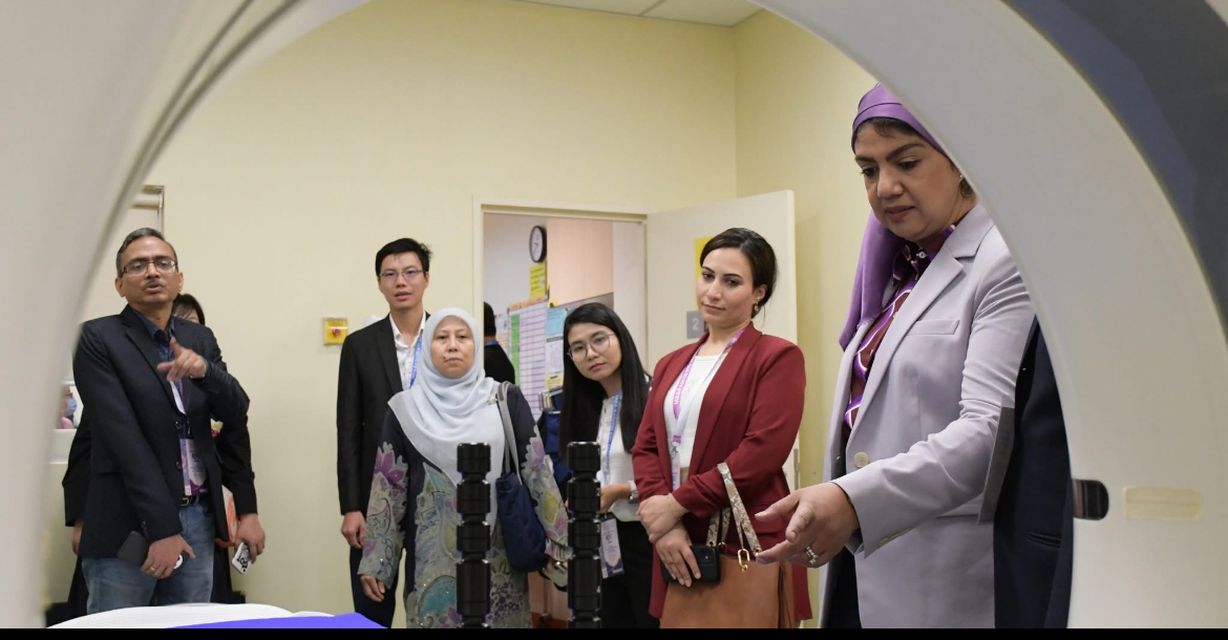
IAEA Trains Asian Professionals on Advanced Cancer Treatment Techniques
“Ultra-hypofractionated radiotherapy is rapidly becoming the standard of care worldwide, and participating as an expert in this IAEA regional training course was an invaluable opportunity to share clinical experience, evidence-based…
Continue Reading
-
Global business challenged by rapid emergence of a new age of competition
London | 14 January, 2026
Global business leaders are facing mounting risks, as deepening geopolitical divides, along with growing technological and societal challenges, are expected to continue to shape the business landscape over the next…
Continue Reading
-

U.S. Ambassador to India Sergio Gor Presents Credentials – U.S. Embassy & Consulates in India (.gov)
- U.S. Ambassador to India Sergio Gor Presents Credentials U.S. Embassy & Consulates in India (.gov)
- New Delhi and Washington actively engaging on trade, next call on Jan 13: US envoy to India Dawn
- Austrian Ambassador Robert Zischg presents…
Continue Reading
-
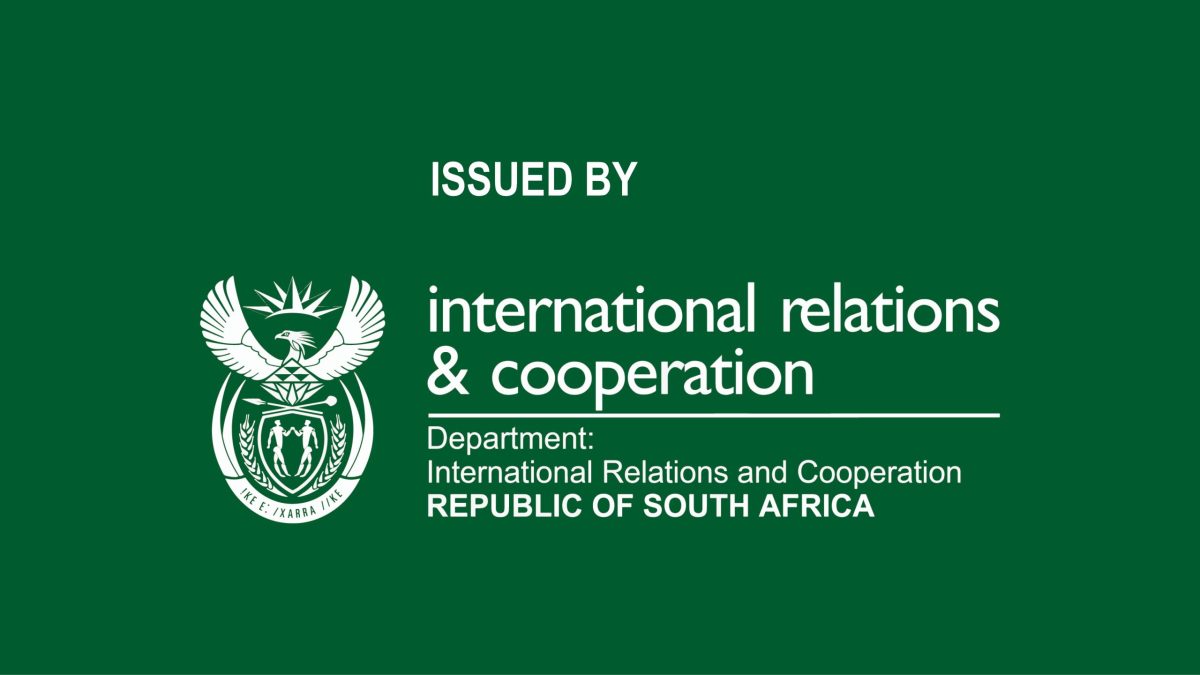
President Ramaphosa arrives in the United Arab Emirates for an Official Visit
President Cyril Ramaphosa has this morning, 12 January 2026, arrived in the United Arab Emirates (UAE) at the invitation of His Highness Sheikh Mohammed bin Zayed Al…
Continue Reading
-

President Ramaphosa to undertake an Official Visit to the United Arab Emirates
President Cyril Ramaphosa will undertake an Official Visit to the United Arab Emirates (UAE) from 12 to 13 January 2026, at the invitation of His Highness Sheikh…
Continue Reading
-
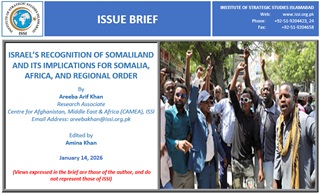
Issue Brief on “Israel’s Recognition of Somaliland and Its Implications for Somalia, Africa, and Regional Order”
Israel’s unilateral recognition of the self-declared “Republic of Somaliland” on December 26, 2025, constitutes a serious departure from the established…
Continue Reading